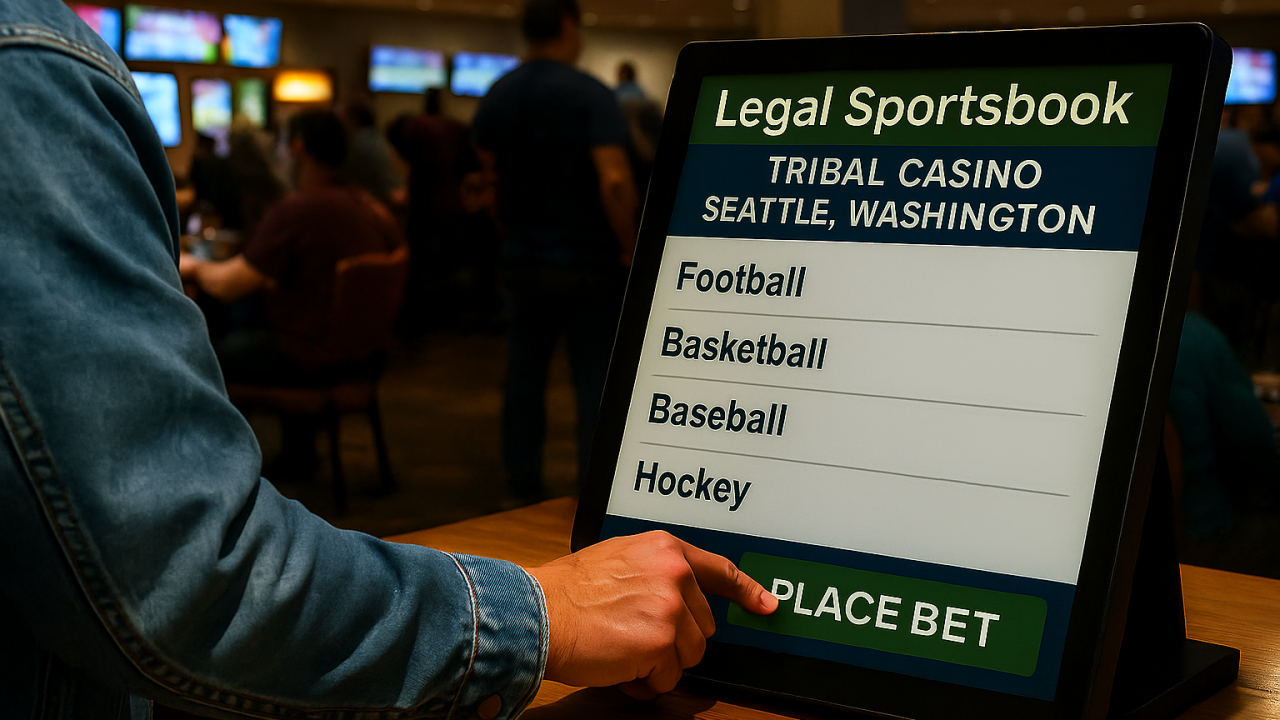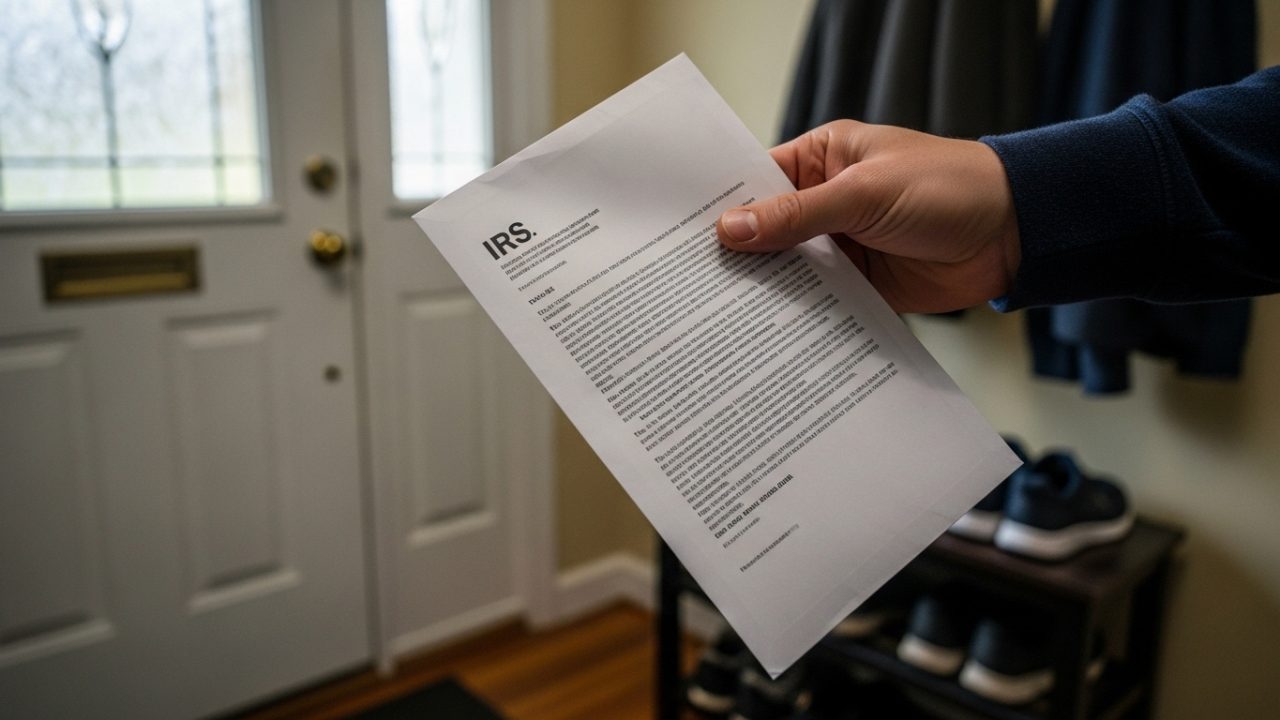Is Gambling Legal in Washington? Yes, gambling is legal in Washington—but only under specific conditions. Washington State has some of the strictest gambling laws in the country, but there are still opportunities to legally place bets. Here’s the breakdown: What's Legal: What’s Not
Form 1040X: Correcting Your Tax Return with Confidence
Mistakes happen, even on tax returns. That’s where Form 1040X comes in—a powerful tool for taxpayers to correct errors or omissions in previously filed tax returns. Whether you forgot to include certain income, overlooked a credit, or made an honest error, Form 1040X allows you to set things
1099-K Forms: What you Need to Know about Online Payments
Tax season can feel overwhelming, especially with the increasing complexity of online payment platforms. If you’ve been using services like PayPal, eBay, Zelle, or Venmo, you might encounter the 1099-K form amidst your paperwork. This document is crucial for reporting certain income earned through
Moving Expenses and Tax Implications: Military vs Civilian
Relocating for work can be a pivotal step in advancing your career, but it often comes with significant financial considerations. While the ability to deduct moving expenses on federal tax returns has largely been curtailed for most taxpayers, exceptions remain—especially for members of the Armed
IFRS vs. US GAAP: Bridging the Gap in Financial Reporting
Financial statements are the backbone of assessing a company’s financial health. However, the way this information is presented can vary significantly based on the accounting standards applied. Two dominant frameworks—International Financial Reporting Standards (IFRS) and Generally Accepted
When to Hire a Financial Advisor & when to go it Alone
Managing finances as a small business owner can be daunting. Whether you’re navigating tax regulations, managing payroll, planning for growth, or dealing with unexpected expenses, a clear financial strategy is essential. A financial advisor can provide valuable guidance, but picking the right
Form 8825 for Partnerships & S Corps
If you're involved in real estate through a partnership or S corporation, IRS Form 8825 (available for download here) is a key tax form you need to get familiar with. While it may not get as much attention as the 1040 or Schedule E, this form plays a major role in how your rental income is reported
Tax Deductions for Engineers, Architects & Construction Professionals
Seattle's skyline is ever-changing, shaped by a high-demand real estate market, ongoing infrastructure upgrades, and the ever-growing presence of major tech companies. Behind each crane and blueprint are engineers, architects, and construction professionals navigating complex work—and complex tax








